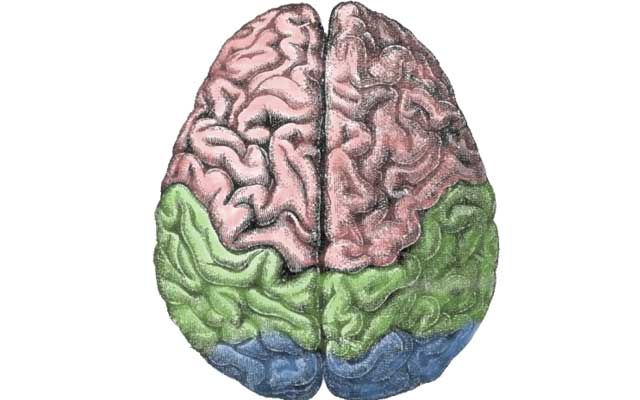
New York, Dec 1 (IBNS): Stellenbosch University (SU) researchers have discovered that the human immunodeficiency virus (HIV) directly impacts the brain in the early stages of the infection.
It has long been known that many people with HIV also experience negative cognitive symptoms, such as depression, forgetfulness, etc. However, it was unclear whether it was caused by such patients' physical illness, or whether the HI virus had a direct effect on the brain.
“Our research shows that HIV does have an impact on the brain and that these low-grade cognitive symptoms are likely not just function loss due to patients feeling sick, tired or depressed," says Dr Stéfan du Plessis, lead author of a series of articles about the research published in AIDS and other international journals.
Using functional magnetic resonance imaging (fMRI) – a type of brain scan that shows how blood flows to certain parts of the brain when someone is performing certain tasks or is experiencing certain emotions – Du Plessis and his team compared the brain activity of people with HIV to those without HIV while they performed certain tasks designed to stimulate specific regions of the brain. HIV-positive study participants were in good physical and mental health, did not abuse drugs, and had not yet started on antiretroviral treatment (ART).
They found that these participants had a decreased blood flow in the striatal region of the brain while performing tasks involving higher motor functions. They also observed little action and blood flow to the nucleus accumbens of HIV-positive patients while performing a task involving a monetary reward. This section of the brain is involved with aspects concerning motivation, apathy and enthusiasm for life.
“The fMRI scans show how the HI virus affects important parts of the brain involved with motivation. We theorise that this could happen to such an extent that patients are often simply not motivated enough to take their medication, or even get out of bed," explains Du Plessis. He conducted the research as part of his PhD in Psychiatry and was the first person to obtain a PhD at SU's Faculty of Medicine and Health Sciences that focused on fMRI.
Finally, the researchers also studied the structure of the frontal cortex, a brain region that is known to atrophy in the context of HIV. They discovered a link between the levels of atrophy and brain functional impairment – the thinner the actual frontal lobe was, the lower the levels of function.
“The study highlights a previously unknown functional effect that HIV has on the brain. We hope that these results will stimulate further studies to test the effects of ARVs, or other interventions, that could improve brain function and therefore the lives and well-being of patients with HIV," says Du Plessis.
Earlier studies have shown that up to 50% of people with HIV may suffer from some form of cognitive impairment, ranging from subtle impairment detectible only through sophisticated cognitive tests, to severe psychosis.
Prior to the introduction of ART many patients developed severe HIV-related dementia. ART has markedly improved the symptoms of dementia in HIV-positive people.
Image: Wikimedia Commons
Support Our Journalism
We cannot do without you.. your contribution supports unbiased journalism
IBNS is not driven by any ism- not wokeism, not racism, not skewed secularism, not hyper right-wing or left liberal ideals, nor by any hardline religious beliefs or hyper nationalism. We want to serve you good old objective news, as they are. We do not judge or preach. We let people decide for themselves. We only try to present factual and well-sourced news.







